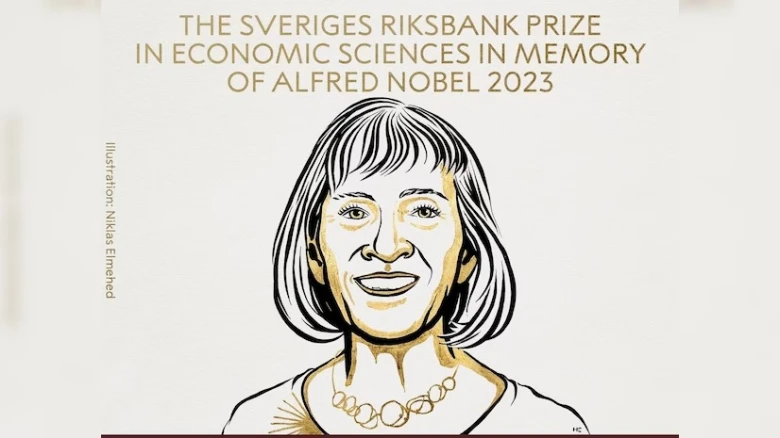Claudia Goldin, a laureate in economic sciences, gave the first thorough analysis of women's incomes and labour market participation...
Digital Desk: The 2023 Sveriges Riksbank Prize in Economic Sciences in Memory of Alfred Nobel will be given to Claudia Goldin "for having advanced our understanding of women's labour market outcomes," stated the Royal Swedish Academy of Sciences.
Claudia Goldin, a laureate in economic sciences, gave the first thorough analysis of women's incomes and labour market participation throughout history. Goldin has been able to present fresh and frequently unexpected information by poring over the archives and gathering and revising historical data. Her analyses and explanatory models are centred on the reality that marriage and parental responsibilities have frequently limited women's options and continue to do so.
Her observations go far beyond US borders, and several other nations have seen trends that are similar to hers. Her research helps us better understand the labour markets of the past, present, and future.
In the worldwide labour market, women are significantly underrepresented, and when they do work, they make less money than males. Claudia Goldin has combed through the records and gathered information from the US for more than 200 years, enabling her to explain how and why gender disparities in income and employment rates have evolved.
Goldin showed that there was no rising tendency for female labour market involvement during this period, but rather a U-shaped curve. The early nineteenth century saw a decline in married women's participation as society changed from an agrarian to an industrial one, while the early twentieth century saw a rise in married women's participation as the service sector expanded. Goldin explained this pattern as the result of structural change and evolving social norms regarding women’s responsibilities for home and family.
Women's educational levels have steadily increased throughout the 20th century, and in the majority of high-income nations, they are currently far higher than those of men. By providing new chances for career planning, Goldin showed how accessibility to the contraceptive pill played a significant role in driving this revolutionary development.
Despite modernization, economic expansion, and increased employment rates for women in the 20th century, the wage gap between men and women remained stubbornly wide for a protracted period.
According to Goldin, part of the reason is that young people make decisions about their schooling that will affect their professional options for the rest of their lives. Development will be delayed if young women's expectations are shaped by the experiences of past generations, such as their mothers' decisions to wait to return to the workforce until their children have grown up.

Leave A Comment